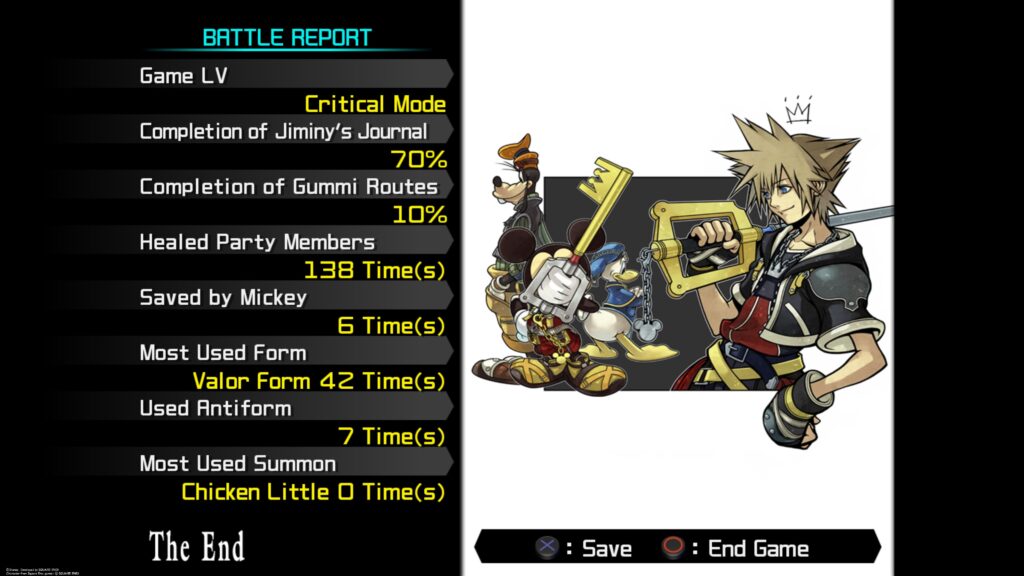
Let’s get back to the basics. Experienced trophy hunters know that there is a wide variety of challenges that must be overcome for the full completion experience in a video game. Whether that’s beating the story on the highest difficulty or finding an elusive drop, you generally need to put in some effort before you’re awarded a platinum trophy.
And yet, upon closer inspection, these tasks almost all boil down to the same general categories. The achievement economy is about as varied as species of rats: the same big picture with a slightly different coat of paint.
When you recognize these patterns, you will be able to approach trophy hunting from a far more efficient angle. You should be using your energy for skill-based achievements, not vaguely worded story unlocks.
In this article, we will share the 8 most common types of achievements that show up in video games. Learning to recognize them will help you spend your time as a trophy hunter more wisely. Skip the hard part, and lean on our years of experience to get a head start instead!
Table of Contents
8. Story

The “FREE” space of achievements, these trophies are earned simply by playing the game’s story. They are impossible to miss so long as you complete the campaign of the game in its entirety.
In general, many of these trophies are obvious. If they are relatively common in their completion rate, mention completing numbered chapters, or seem to relate to plot events, you can be fairly sure they are story trophies. It is best to verify with a guide if you are uncertain.
Since these achievements are so easy to earn, you shouldn’t expend too much energy planning them out beyond confirming their existence. If anything, they can be a great mile marker for letting you know just how far into the game you’ve gotten when you start getting antsy about your progress.
Story achievements are nearly universal in their implementation. Just about every game that has a story mode has achievements related to its completion. Resident Evil 6, for example, has 21 trophies that are unlocked strictly for beating the story and nothing else. That’s nearly half of the game’s base trophy set!
7. Collectible
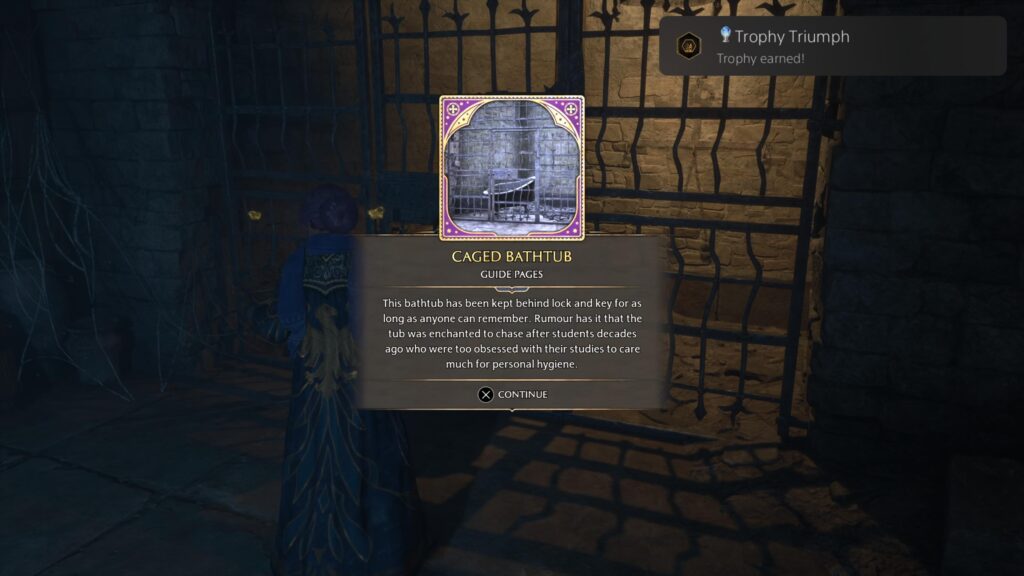
You either love them or you hate them. As the name implies, collectible trophies consist of finding a large number of things, whether it’s locations, items, enemies, or anything else you can imagine. If you are marking down a checklist, you are very likely dealing with a collectible achievement.
Trophy hunters who love seeing numbers tick up may find collectible achievements to be comforting. Seeing your progress tangibly can be incredibly satisfying. Other players may instead view this type of task as tedious, boring, and a shameless way for game developers to pad content.
All it takes is for one collectible achievement to bug out for a trophy hunter to be wary of this type of trophy forever. And you don’t have to look far to find examples of that exact phenomenon happening.
Hogwarts Legacy was an ambitious title from Avalanche Software that expanded upon the Harry Potter universe. Importantly, as this was the first major title the studio had developed in years, it wasn’t surprising that it wasn’t without its flaws.
Indeed, the game was notoriously buggy in its trophy tracking at launch. One such trophy that was widely reported to have issues was “Collector’s Edition,” which could only be unlocked once the player completed all 600+ records in their field guide. Just imagine how painful it must have been to have found every single entry, only for the game not to credit you for doing so.
I wouldn’t fault any trophy hunter for having trust issues after that!
6. RNG
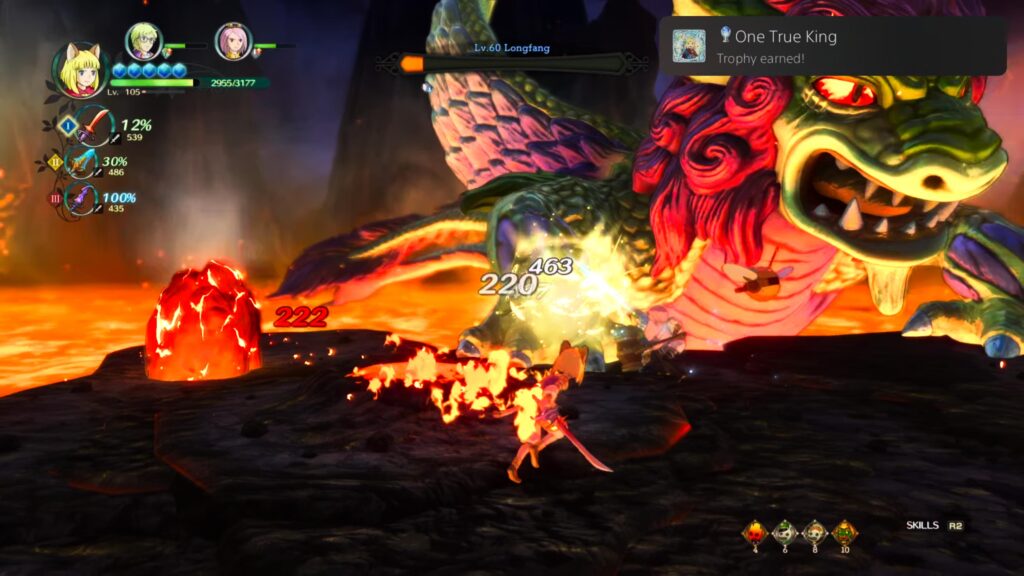
The term RNG has origins in computer science and mathematics. It stands for “random number generator,” and generally represents a function that outputs a (seemingly) random value within a given set of constraints. Seeing as video games are essentially elaborate concoctions of computer programming and art, it follows that there are heavy connections between the two.
In the gaming community, RNG has a colloquial meaning. It has been adopted to represent any element in a video game that has any degree of randomness. Whether or not you encounter a shiny Pokémon in a patch of grass is RNG. Whether or not you get a critical hit in battle is also RNG. You cannot control these things, as they are calculated behind the scenes.
RNG achievements require engaging with any RNG-driven gameplay mechanic in a title for a desired outcome. These can only be unlocked with enough luck or repetition. While the exact mathematical equation differs for each, in general, you cannot meaningfully swing the scales in your favor. In that sense, these trophies can either be incredibly liberating or ruinous.
One such title that comes to mind is Ni no Kuni II: Revenant Kingdom. The rarest trophy in the game’s base set is “God of War,” which requires the player to win 50 skirmish battles. For the uninitiated, these are randomly occurring events on the game’s world map. More importantly, you have to do every single one of them, so repeating any doesn’t help your cause.
The trophy’s rarity makes sense when you realize just how monotonous these battles are. If you don’t start on this ASAP, you will not have a good time during post-game clean-up. Which skirmishes appear on the map during any given time is determined via RNG. That means if you’re very unlucky, you might be waiting for a specific one to show up for ages.
Unlike the other types of achievements, RNG trophies have no meaningful way to base your progress. You are no more likely to trigger the desired outcome now than you were 30 minutes ago. It’s a classic example of the Gambler’s Fallacy. For that reason, these can be among the absolute worst possible achievements that should always be focused on early in a trophy hunt.
5. Skill-based
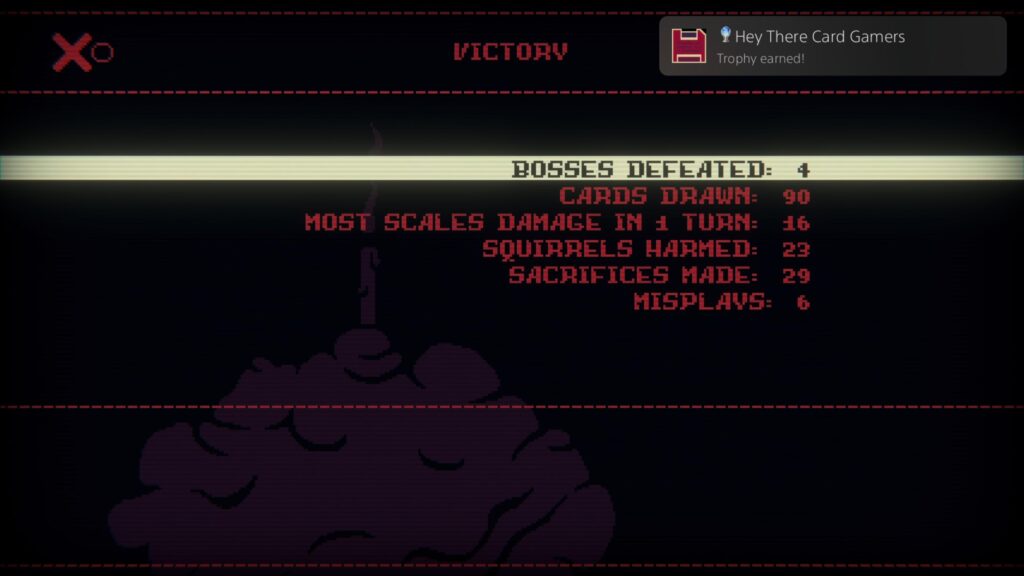
This one is self-explanatory. Skill-based trophies are unlocked expressly due to the feats of a player. If you want to earn a skill-based trophy, you must be good enough at the game to do so.
A common misconception is that these trophies necessitate fine motor skills or quick reactions. However, that isn’t the only style; skill-based trophies can also relate to memory, strategy, or cooperation.
In other words, the skill that must be masterfully demonstrated is highly dependent on the gameplay mechanics of the title in question. So long as the achievement isn’t given “for free,” it likely involves some modicum of skill.
Every game with any renown in the trophy hunting community is certain to involve skill-based trophies. When a layman thinks about video game achievements, they will most likely be thinking of these.
A more classic example of a skill-based trophy can be found throughout the Kingdom Hearts series. To earn the platinum trophies in many of these titles, you must beat them on the highest difficulty setting: Critical. It doesn’t get much more skill-based than that!
Seeing as I claimed that not every skill-based trophy requires high-octane gameplay, I’d be remiss not to include another title requiring a vastly different flavor of skill. Inscryption is a popular deck-building indie game that gives you plenty of time to strategize your moves. Skill in this game is not about speed or complicated button mapping, but rather how well you plan your deck and whether you can execute your vision in duels.
The trophy “Skull Storm” requires players to complete Kaycee’s Mod, a hardcore challenge mode, with every possible modifier enabled. That means buffing your enemies’ decks while nerfing your own! It’s very different from Kingdom Hearts; however, you cannot deny that it also takes skill to succeed.
4. Grindy
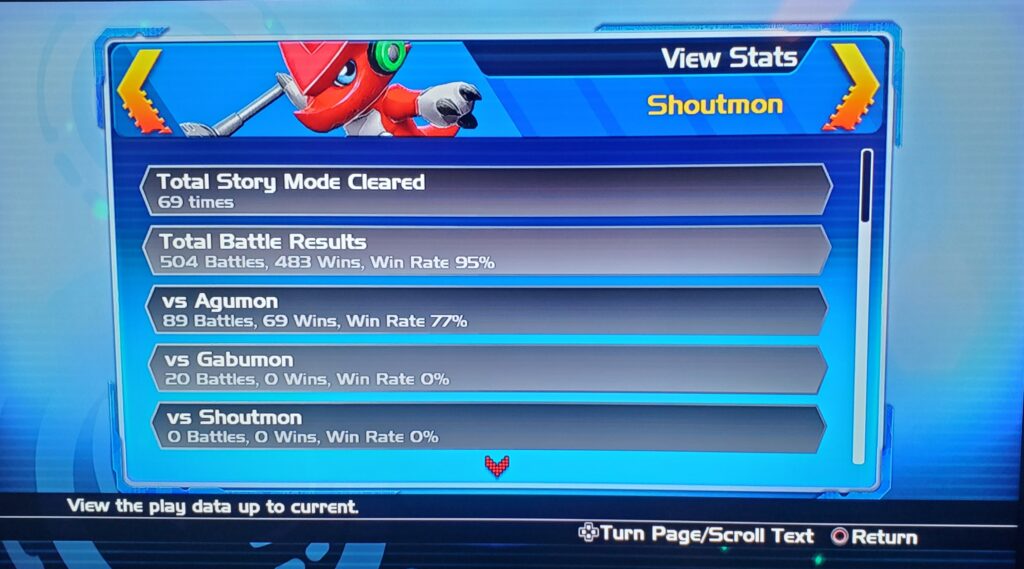
Grindy achievements require a lot of effort to obtain, usually through repetitive gameplay over a long period of time. If a trophy asks players to defeat thousands of enemies, reach high levels, or play for some specific amount of time, it is most likely a grindy trophy.
Although the description might give the impression that these achievements are incredibly boring, that isn’t always the case. Grindy trophies can be great for when you want to make progress on a trophy hunt while doing something else concurrently. Whether it’s listening to audiobooks, watching a movie, or listening to music, you can multitask and still make progress toward your goals.
I personally find a lot of enjoyment in a reasonable grind. However, even I have my limits. Digimon All-Star Rumble is a game with a mind-numbingly long grind of a trophy set.
The achievement “Cards Complete” is earned for finding every single DigiCard in the game. This requires hundreds of very repetitive “story” playthroughs to complete. The game is incredibly light on story, hence describing it as such is generous. If you’d like to learn more about this game, I created a trophy guide full of tips, tricks, and even maps that you can check out here.
It’s best to get familiar with what grindy achievements exist in a prospective trophy hunt early on so that you can make progress as you play naturally. The less you have to do during clean-up, the less likely you are to be bored to tears.
3. Multiplayer
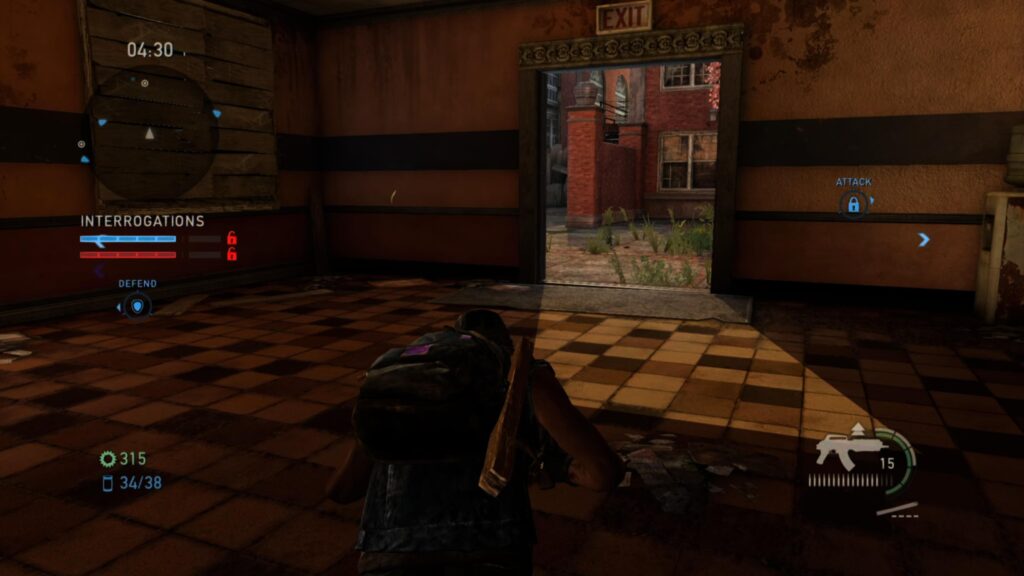
As the name suggests, multiplayer trophies can only be earned with the assistance of additional players. Depending on the game, this can either be accomplished offline in splitscreen, online in public matchmaking lobbies, or in private rooms with friends willing to boost.
In most cases, these achievements are fully expected. If you’re playing an online-only game like Dead by Daylight or Fortnite, you should be prepared for lengthy multiplayer achievements.
However, many trophy hunters have been jump-scared by multiplayer trophies when they least expected them. It’s every player’s worst nightmare realized: a shoehorned multiplayer mode with extensive trophies in an otherwise comfortably single-player game. Why do developers do this?
Indeed, you can never be sure whether a game will have multiplayer trophies until you take a peek at its list. Don’t forget to check for DLC stacks as they can sometimes slip them in there, too.
Even if you’re a trophy hunting unicorn who loves these auxiliary online modes, you should still take care to check for multiplayer trophies in advance. If a game’s servers have gone offline permanently, many of these trophies become completely unattainable.
The Last of Us is a PlayStation game with an incredible campaign that, for some reason, included a separate online mode called Factions. While many people swear by how fun this mode is, it doesn’t change the fact that it feels out of place in a single-player game.
It doesn’t help that the game includes a large number of trophies related to this mode, meaning that if you want the platinum trophy and all the DLC trophies, you will likely be spending dozens of hours here across 150+ matches.
Thankfully, they removed this mode entirely in the 2022 remake.
Either way, multiplayer trophies tend to be rarer simply because many trophy hunters don’t want to bother with them. It’s a bit silly, seeing as all you need most of the time is a friend!
(We all have friends, right?)
2. Missable
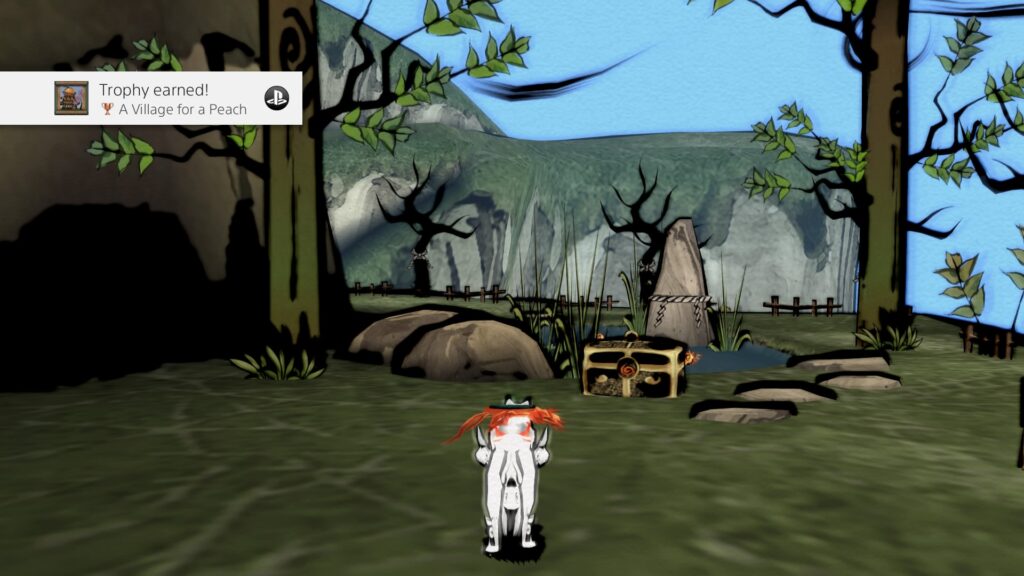
Missable trophies are, by and large, the preemininent reason trophy hunters check guides before starting any new game. These achievements can only be unlocked at a certain point in the game and become unattainable once you advance. Passing up a missable trophy means you will need to do an entire extra playthrough to pick it up properly.
While many of the other types of achievements have their own host of issues, missable trophies are the most consistent at causing problems for players. When a trophy hunter misses an achievement and doesn’t have a recent save state to remedy it, you can pinpoint the exact moment that their soul leaves their body.
Yes, it’s that serious.
I will never forget the moment I realized I missed a trophy in Okami HD. Back in 2018, I didn’t have the good sense to save in multiple slots, and instead just had one for the entire playthrough. Big mistake. (Don’t follow in my footsteps: learn how to save like a pro.)
I failed the section where you flee from the Water Dragon, and therefore didn’t get the trophy reserved for a flawless escape: “No Furball on the Menu.” The thought of restarting the game for this achievement was so unappealing that I didn’t play the game again for 7 years. I finally buckled down in 2025 and got the platinum trophy.
1. Infectious
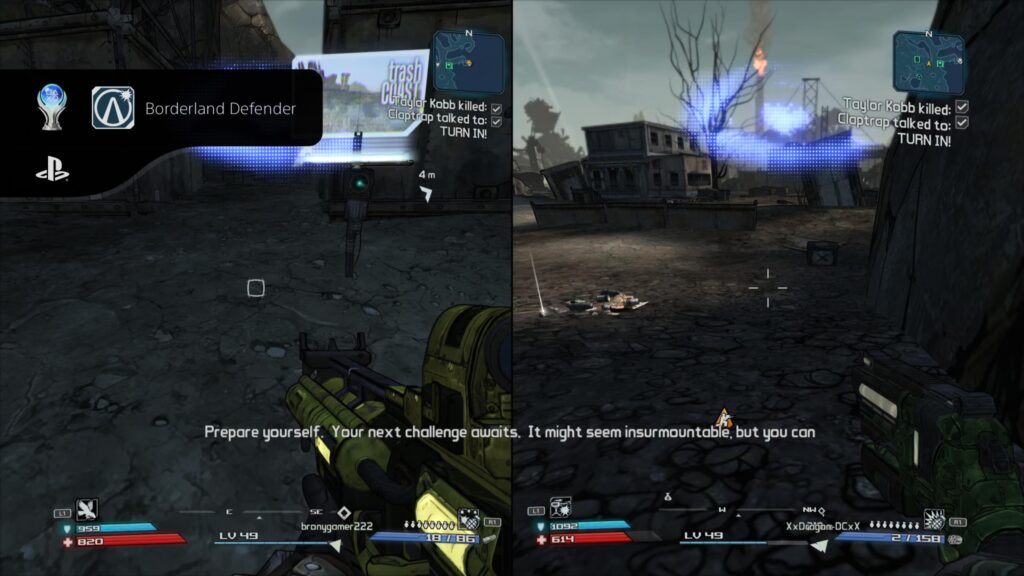
Have you ever been happy to get a cold from someone else? Probably not, but you might if it were related to getting an achievement. While these seem to be going out of style nowadays, there are still a handful out there on the books.
Infectious trophies can only be earned by playing with someone important. In practice, these are generally intended to be earned by playing with the game’s developers or anyone else who’s already earned it. In theory, the achievement should become more common over time, as more and more of the playerbase intersects in matches. It’s a cute idea for making players more engaged with the community.
In practice, however, infectious achievements are horrible. These are among the most common to become impossible to achieve. Once the game’s servers have lost much of their population, it will be incredibly difficult to get these achievements. And, once they go offline for good, so too do a player’s chances of earning the related trophy.
“And They’ll Tell Two Friends” from Borderlands is a great example of an infectious trophy. In the original PlayStation 3 version of the game, you have to either play online with a Gearbox employee or someone who already has the trophy to get it yourself.
Thankfully, they adjusted this requirement in the PlayStation 4 version to simply require playing with 2 other people.
Conclusion
When you break down an achievement to its base parts, it almost certainly fits into one of these categories. Whether it’s awarded for simple story progression or takes a lot of skill, luck, or time, they all require something from the player.
The different types of achievements also tend to have some overlap. It is very possible for a grindy achievement to have RNG elements, for example. The more comfortable you get with recognizing these basic categories, the better you will be able to understand how they can interact and create even more gnarly unlock conditions.
What type of achievement is your favorite? Did we miss anything? Let us know below! Keep the fun going with our article on controversial trophy hunting hot takes next.


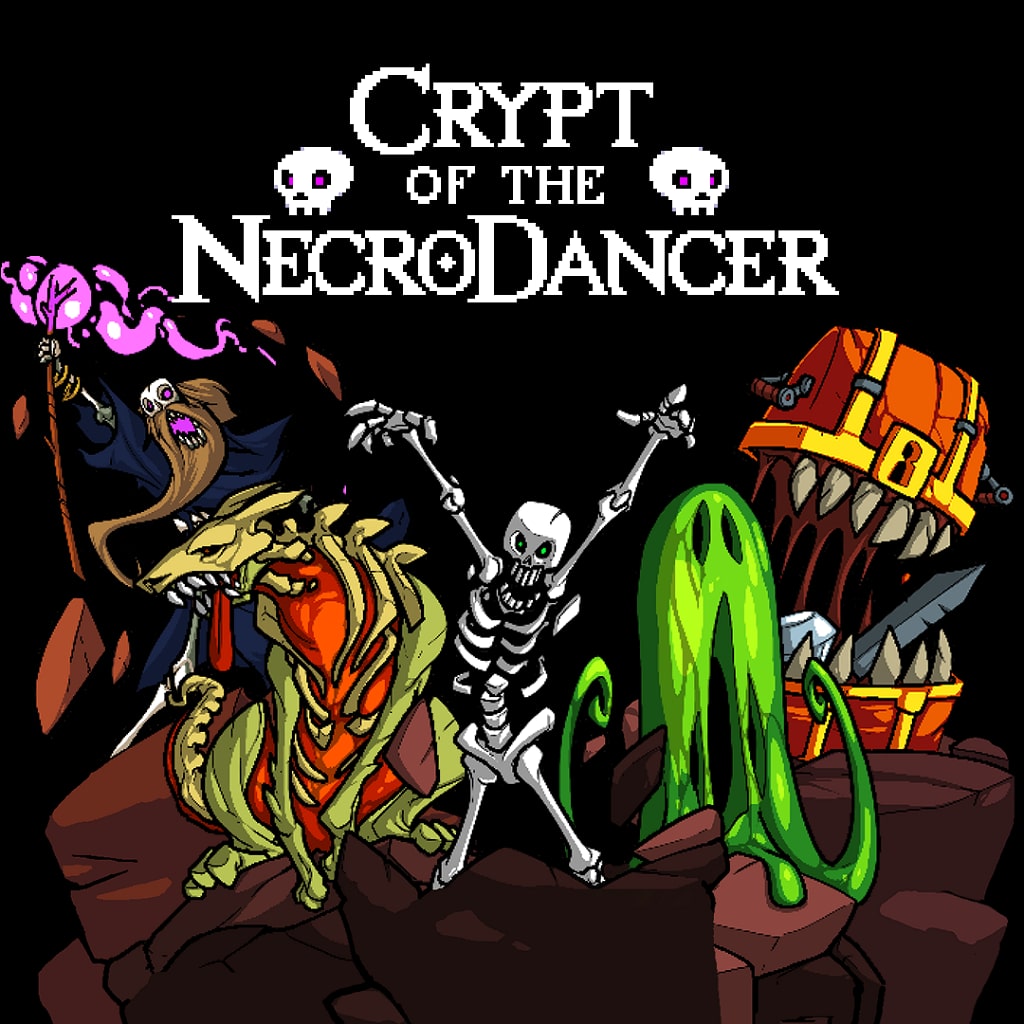
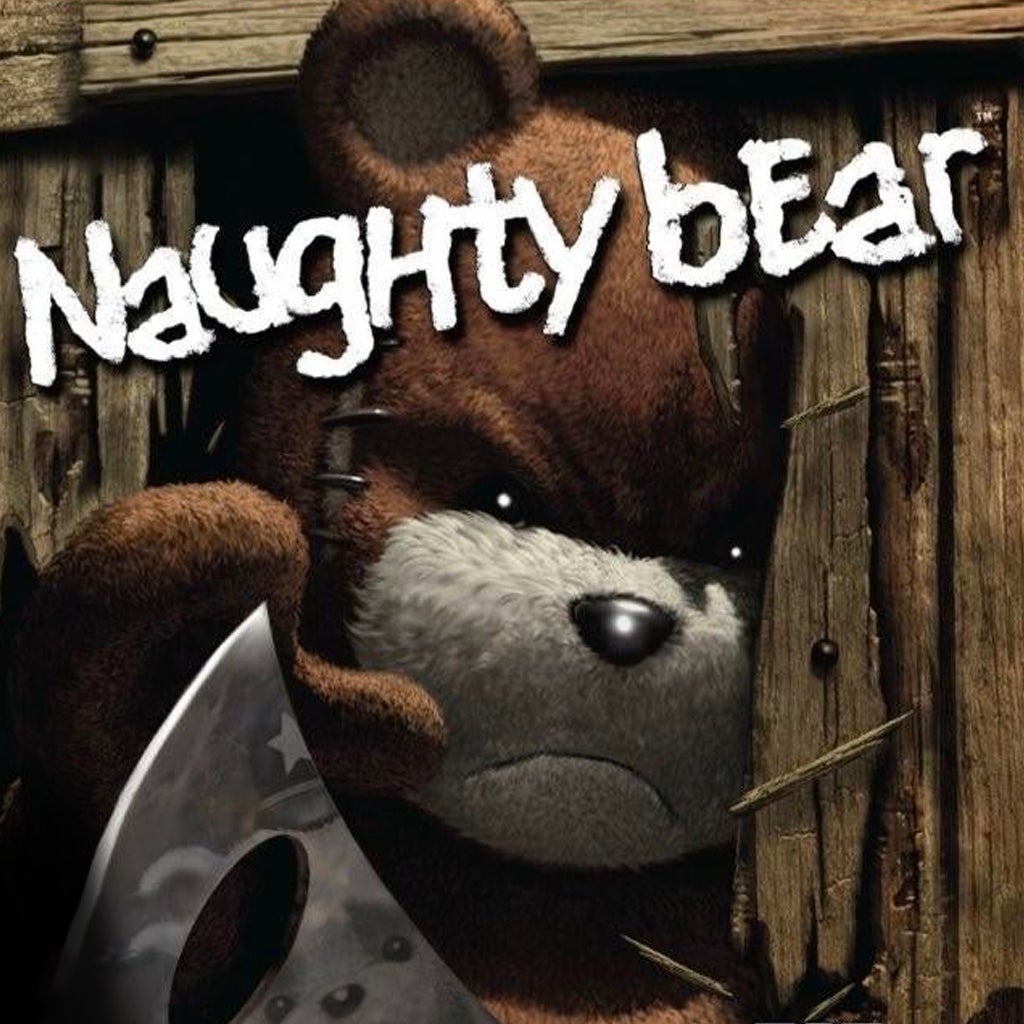
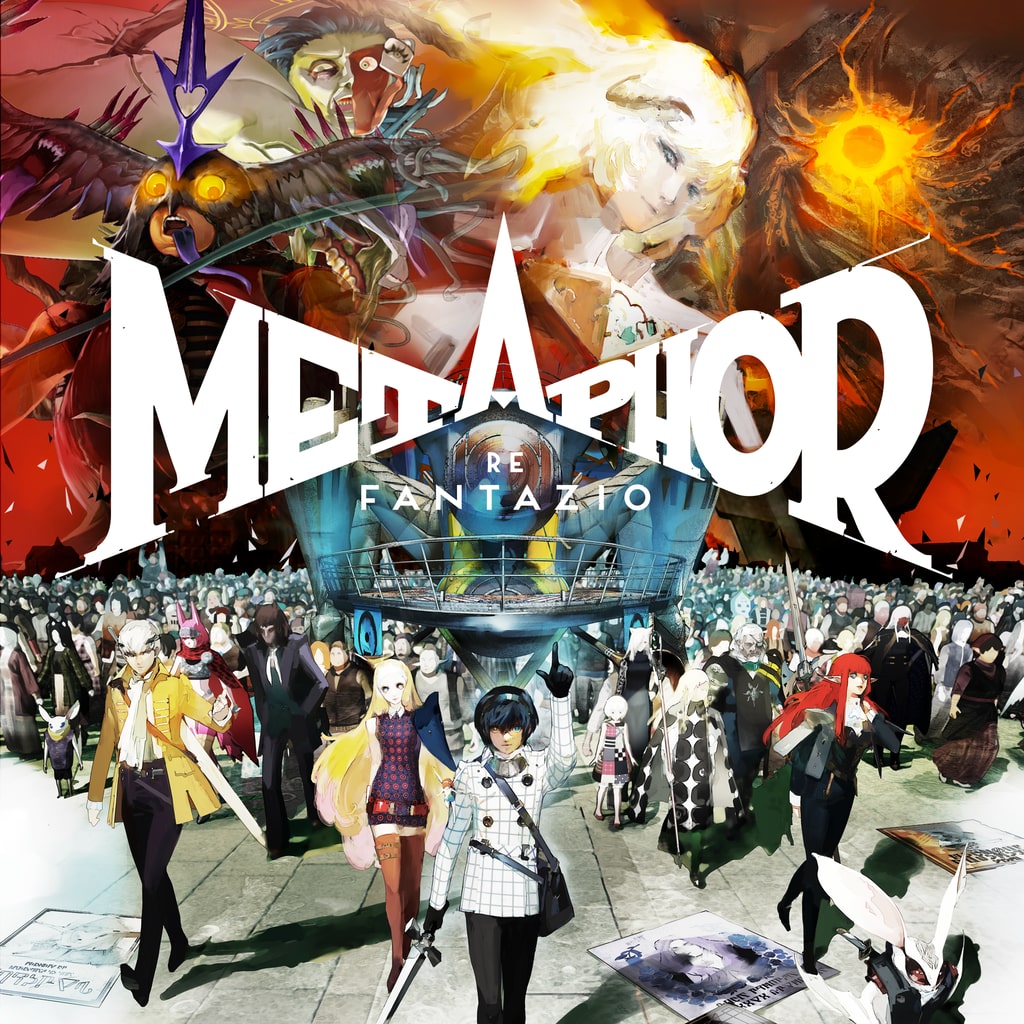


Leave a Reply